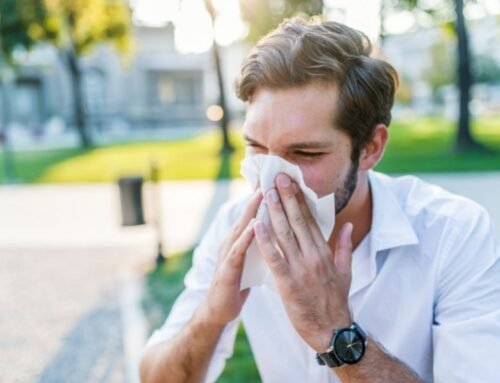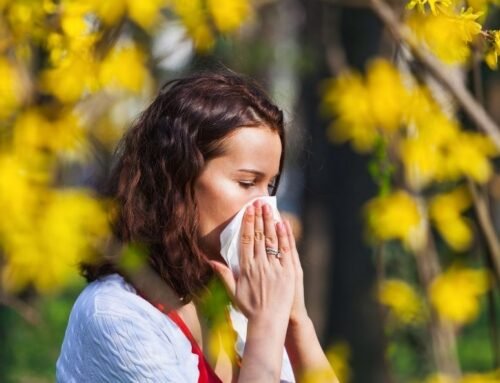Eczema in adults is a skin condition that can significantly impair quality of life. We will try to address some important points about eczema in the adult age group in this article.
What is Eczema in Adults?
Eczema is a term used for a group of skin conditions with similar symptoms. The most common type of eczema is atopic dermatitis seen in individuals with allergic nature. Although mostly associated with childhood, atopic dermatitis can occur at any age. Although childhood eczema usually disappears as the age gets older, it may continue in adulthood in some patients. In addition, individuals with childhood eczema may reappear in adulthood after the disease has resolved. In a group of patients, eczema occurs in adulthood, while there is no previous history.
Why does eczema happen?
Eczema is thought to be caused by defects in the skin barrier. As a result, the skin tends to lose moisture and dry out. It is also more sensitive to external factors and germs that cause allergies and irritation. Eczema is not a contagious disease, but irritated skin can become more easily infected.
What are the symptoms of eczema?
When adults have eczema, the skin in the affected area becomes dry and flaky. When this condition becomes chronic, the skin thickens and changes color. There is severe itching. Accordingly, there may be a sleep disorder and the mental health of the patient may be affected. In adults, eczema is mostly seen on the inner parts of the knees and elbows, neck and around the eyes. Factors such as sweating and stress may increase the complaints.
What should I do if I have symptoms of eczema?
If you have symptoms of eczema, it is recommended to consult a dermatologist or allergy specialist.
What should I do when going to the doctor for eczema?
The first tools physicians use when evaluating their patients are medical history and physical examination. Skin and blood tests may be ordered against possible underlying allergies. If a skin test for allergies is to be done, you may be asked that you have not used allergy medication about 1 week before. Bringing your previous analysis results with you, if any, will prevent unnecessary repetitions.
How is eczema diagnosed?
A detailed history and examination of skin lesions are very important in diagnosing eczema. Apart from allergies, other conditions that cause eczema-like skin conditions should also be kept in mind. Allergy tests can be performed on the skin and / or blood to determine allergic susceptibility. Allergy specialists are specialist physicians who are trained to select the most appropriate allergy tests for patients with eczema.
How is eczema treatment done?
The main approach in allergies is to avoid. For this, it is important to first determine the substances that cause allergies.
In order to avoid skin irritation, it is recommended to avoid extreme cold / extreme heat, to reduce stress, not to wear woolen clothes, and not to use strong soaps and detergents.
It is recommended to drink plenty of fluids, use moisturizing creams and oils to correct skin dryness. When necessary, creams / pomades containing medication are used. Although the allergy pills called antihistamine do not have a direct effect on eczema, their itching and relaxing effect is used. Cold compresses can reduce the itching sensation on the skin. Different methods such as phototherapy can be used in patients who do not benefit from routine treatments.
Is there an herbal treatment for eczema?
It may be beneficial to apply vegetable oils such as coconut oil, lavender oil, almond oil to the skin to maintain skin moisture.
What happens if eczema is not treated?
If eczema is not treated in adults, the patient constantly scratches himself, causing damage to his skin and sores on the skin. These wounds can become infected.
Result:
Eczema is a skin condition that can significantly impair the quality of life, is common in the community and can be encountered in adulthood. Although eczema in adults cannot be cured radically, it can be kept under control with skin care and medication use.
Important information:
Allergy Specialists (now called Immunology and Allergy Diseases Specialist) are doctors who have received special training in asthma and allergic diseases seen in those older than 18 years of age, and have received an Immunology and Allergy Specialist diploma and are also experts in Internal Medicine or Chest Diseases or Dermatology. Pediatric allergists for asthma and allergic diseases in children, adult allergy specialists in adults have specialized and they are doctors who are experienced in this field and have a diploma. Every patient with a history of anaphylaxis should be evaluated by an allergist.






